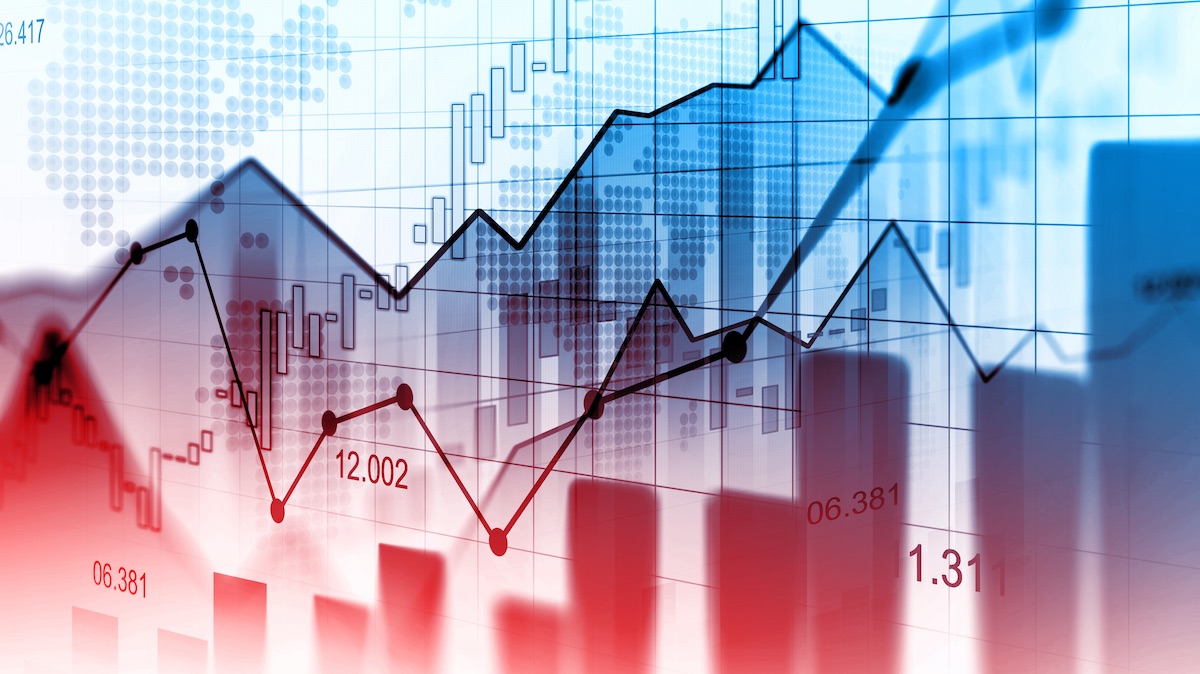The commodity market is generally considered as a high volatile market. If you’re planning to invest or trade in this market, it’s better if you know and understand the reasons behind its volatility.
Liquidity
The stock market, currency market, and bond market are all very liquid, with a tremendous amount of volume each day. The transactions of buying and selling in these asset classes have grown over the years to humongous numbers.
On the other hand, many commodities that trade on the futures exchange provide much less liquidity or trading volume that those in other mainstream assets. Even though oil and gold are the most liquidly traded commodities, sometimes they can be highly volatile because of the probability of tensions and conflicts.
Natural Disasters and Events
The weather, climate, and the natural disasters that take place around the world can also greatly impact the volatility of commodities.
For instance, a huge earthquake in Chile, which is the biggest producer of copper in the world, may cause a spike in the price of the metal. If there was a drought in the United States, the prices of corn and soybeans may soar because of lower crop yields. Huge hurricanes and damaging storm can adversely affect natural gas infrastructure can cause the price of futures to increase to record highs.
Law Supply and Demand
The law of supply and demand is probably the biggest determinant for commodity prices and volatility. Commodity production takes place in areas in the world where the soil and climate are good for the crops. It can take place were reserves are abundant and extraction can take place for a cost that’s lower than the market price.
Demand, on the flip side, is abundant. All people in the world are consumers of commodities which are the staples of daily life. That makes the law of supply and demand equation for raw materials is the reason commodities are among the most volatile assets in terms of prices.
Political Issues
Since commodity reserves are found in specific areas, political issues in one region can and will often affect prices. For instance, when Iraq invaded Kuwait in 1990, crude oil prices on the NYMEX and Brent future contracts soared and doubled in just a few weeks.
In addition, wars or violence in one region can block or close off logistical routes, like the Panama Canal, which made it difficult and nearly impossible for transportation from places of production to places of consumption around the globe.
Government subsidies, tariffs, and other political events also often change the price dynamics for a commodity, and they add to the volatility.
Leverage
The most conventional way of investing in commodities is by using the futures markets, which offer a higher level of leverage.
If you want to buy or sell futures, you need first to make a small down payment called the margin. After that, you will be able to control a much larger amount of trade in a commodity. In the commodities market, initial margin rates are usually between 5 to 10 percent of the total contract value.













